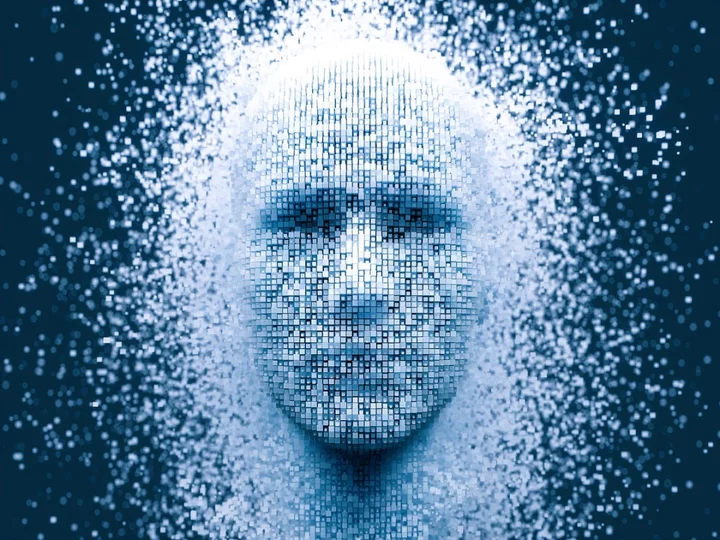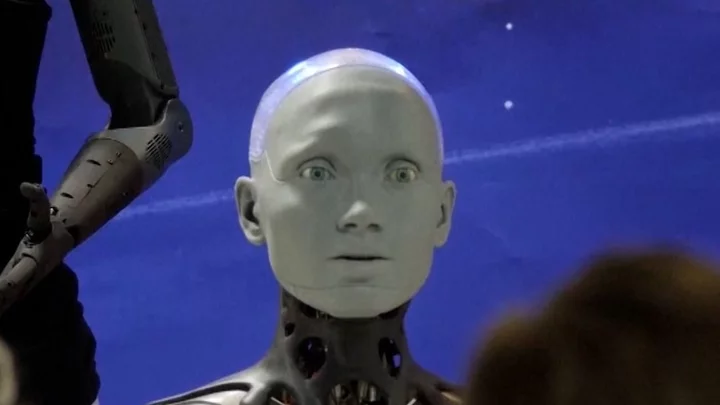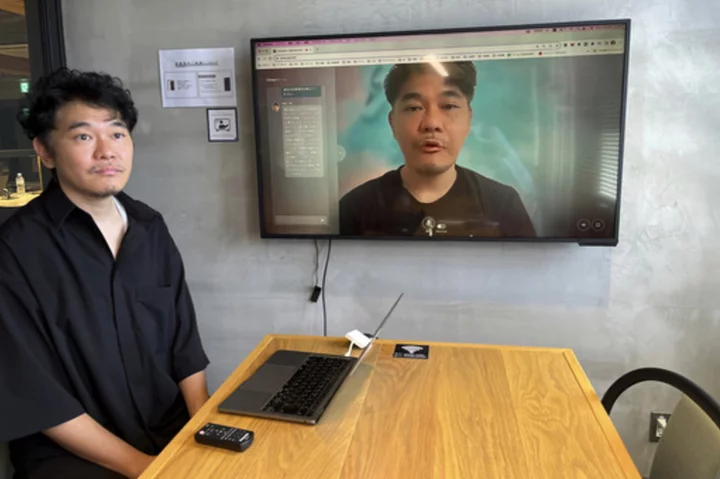Google AI breakthrough represents huge step in finding genes that cause diseases, scientists say
Google says it has made a significant step in identifying disease-causing genes, which could help spot rare genetic disorders. A new model named AlphaMissense is able to confidently classify 89 per cent of all possible “missense” variants in genes, identifying whether they are likely to cause diseases or benign. That compares with just 0.1 per cent of all missense variants that have been confidently classified by human experts. Missense variants happen when a single letter is substituted in the DNA, which in turn leads to proteins with a different amino acid. That small change can have significant effects – Google likened it to the way that changing a letter in one word can change the meaning of the whole sentence. Most of those variants are benign: the average person has more than 9,000 of them. But some of them can be disastrous, leading to rare genetic diseases. The new AlphaMissense looked at existing information about missense variants, and how commonly they are seen in humans and closely-related primates. It looked for those that were rarely seen, classifying them as pathogenic, and from that was able to use that information to analyse other protein sequences – giving not just a verdict on whether they were likely to cause problems, but also how confident it was. Experiments, conducted by humans, which look to find those mutations are expensive and slow: they require people to examine each unique protein and designed separately. Google says that the new system means that researchers can “preview” those results for thousands of proteins at a time, helping them decide where to focus. The company has used its systems to release a vast catalogue of “missense” mutations, so that researchers can learn about what effect they have. In some cases, those variations can lead to conditions such as cystic fibrosis, sickle-cell anaemia, or cancer, and understanding them could be key to researchers studying ways to treat or prevent those diseases. It is just the latest health breakthrough from Google’s Deepmind division, which is looking to use artificial intelligence to both identify and treat a variety of conditions. The new system was built on AlphaFold, the breakthrough model that helped unfold proteins, the building blocks of life. The research is described in a new paper, ‘Accurate proteome-wide missense variant effect prediction with AlphaMissense’, published in the journal Science. The catalogue is being made “freely available to the research community”, Google said, and the company will release the code behind the AI system. Read More BBC removes some Russell Brand content as monetisation suspended on YouTube Google Bard can now link to Gmail and other apps to help with responses Long-form video content is here to stay, says YouTube UK boss

Google says it has made a significant step in identifying disease-causing genes, which could help spot rare genetic disorders.
A new model named AlphaMissense is able to confidently classify 89 per cent of all possible “missense” variants in genes, identifying whether they are likely to cause diseases or benign. That compares with just 0.1 per cent of all missense variants that have been confidently classified by human experts.
Missense variants happen when a single letter is substituted in the DNA, which in turn leads to proteins with a different amino acid. That small change can have significant effects – Google likened it to the way that changing a letter in one word can change the meaning of the whole sentence.
Most of those variants are benign: the average person has more than 9,000 of them. But some of them can be disastrous, leading to rare genetic diseases.
The new AlphaMissense looked at existing information about missense variants, and how commonly they are seen in humans and closely-related primates. It looked for those that were rarely seen, classifying them as pathogenic, and from that was able to use that information to analyse other protein sequences – giving not just a verdict on whether they were likely to cause problems, but also how confident it was.
Experiments, conducted by humans, which look to find those mutations are expensive and slow: they require people to examine each unique protein and designed separately. Google says that the new system means that researchers can “preview” those results for thousands of proteins at a time, helping them decide where to focus.
The company has used its systems to release a vast catalogue of “missense” mutations, so that researchers can learn about what effect they have. In some cases, those variations can lead to conditions such as cystic fibrosis, sickle-cell anaemia, or cancer, and understanding them could be key to researchers studying ways to treat or prevent those diseases.
It is just the latest health breakthrough from Google’s Deepmind division, which is looking to use artificial intelligence to both identify and treat a variety of conditions. The new system was built on AlphaFold, the breakthrough model that helped unfold proteins, the building blocks of life.
The research is described in a new paper, ‘Accurate proteome-wide missense variant effect prediction with AlphaMissense’, published in the journal Science. The catalogue is being made “freely available to the research community”, Google said, and the company will release the code behind the AI system.
Read More
BBC removes some Russell Brand content as monetisation suspended on YouTube
Google Bard can now link to Gmail and other apps to help with responses
Long-form video content is here to stay, says YouTube UK boss









